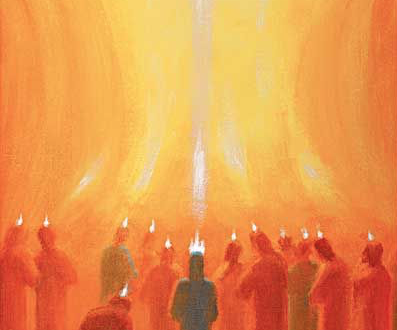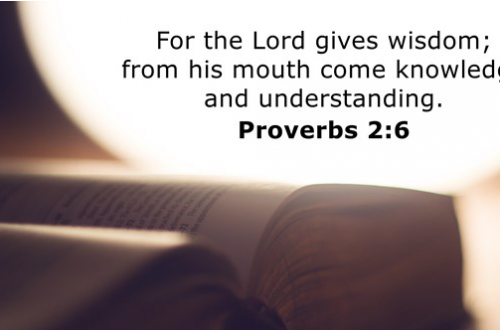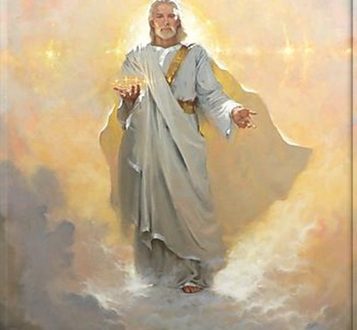From Zenith to Zero
I appreciate Bill Lawrence’s recent blog post here at Bible.org titled, ‘The Giants Are Going and the Pygmies Must Take Over’. I especially welcomed his grounded, theologically astute observation that, “No leader, man or woman, makes himself or herself a giant.”
Lawrence’s piece brought to mind a 2010 journal article I wrote for Conspectus titled, “From zenith to zero: a historical-theological analysis of the demise of the kingdom of David and Solomon.” In that essay, I made modified use of Jim Collins’ study titled, How the Mighty Have Fallen. My intent was to leverage the conceptual framework Collins put forward to assess the collapse of the Davidic-Solomonic kingdom.
To summarize what I articulated in detail in the journal article, the nation’s journey from zenith to zero approximately corresponds to the five successive stages delineated by Collins, as follows:
• First, the kingdom experienced arrogance as a result of its unparalleled power and wealth.
• Second, this hubris emboldened the nation to plunge into an undisciplined pursuit of seizing even more worldly success.
• Third, the kingdom’s obsession to prolong its greatness clouded the moral judgment of its leaders and resulted in them denying they were taking the covenant community down a treacherous path.
• Fourth, as the storm clouds of disaster began to appear on the nation’s horizon, the civil and religious centers of power resorted to desperate measures to save the kingdom.
• Fifth, due to a series of God-ordained misfortunes and reversals, the covenant community became dispirited, lost all hope, and were eventually brought down by external forces they could neither control nor defeat.
Of course, the above sobering outcome is not the end of the historical narrative for God’s chosen people. As I note in the essay’s Postscript, the exile of the remnant to Babylon was the beginning of their road to spiritual renewal and national rebirth. Moreover, paradoxically, it was there, in that foreign land inhabited by pagans, that the chosen people became reacquainted with the stipulations recorded in Mosaic Law. Ironically, it was also in Babylon that the Jews recommitted themselves to the Lord as His covenant community.
Perhaps one outtake for contemporary pastoral ministry is that God’s grace can overcome our human limitations and failures. This remains true with respect to the institutional church as well as with its ordained clergy, lay ministers, and rank-and-file parishioners. One only needs to consider the checkered testimony of such early church luminaries as Peter and Paul to recognize how the Savior used such flawed individuals to herald the gospel, bring the lost to saving faith, establish new and thriving congregations, and speak truth to power in Rome (the epicenter of a sprawling empire).
To recast, then, a thought Lawrence put forward in his blog, God can take the witness of ‘pygmies’ and use their testimonies in ‘gigantic ways’ to unveil His majestic splendor. To reverse the opening title of my blog post, it is going from zero to zenith!
Or, to take a cue from the Paul’s profound declaration in 1 Corinthians 1:26-29, “Brothers and sisters, think of what you were when you were called. Not many of you were wise by human standards; not many were influential; not many were of noble birth. But God chose the foolish things of the world to shame the wise; God chose the weak things of the world to shame the strong. God chose the lowly things of this world and the despised things—and the things that are not—to nullify the things that are, so that no one may boast before him.”


